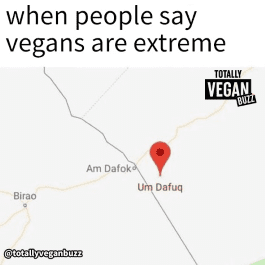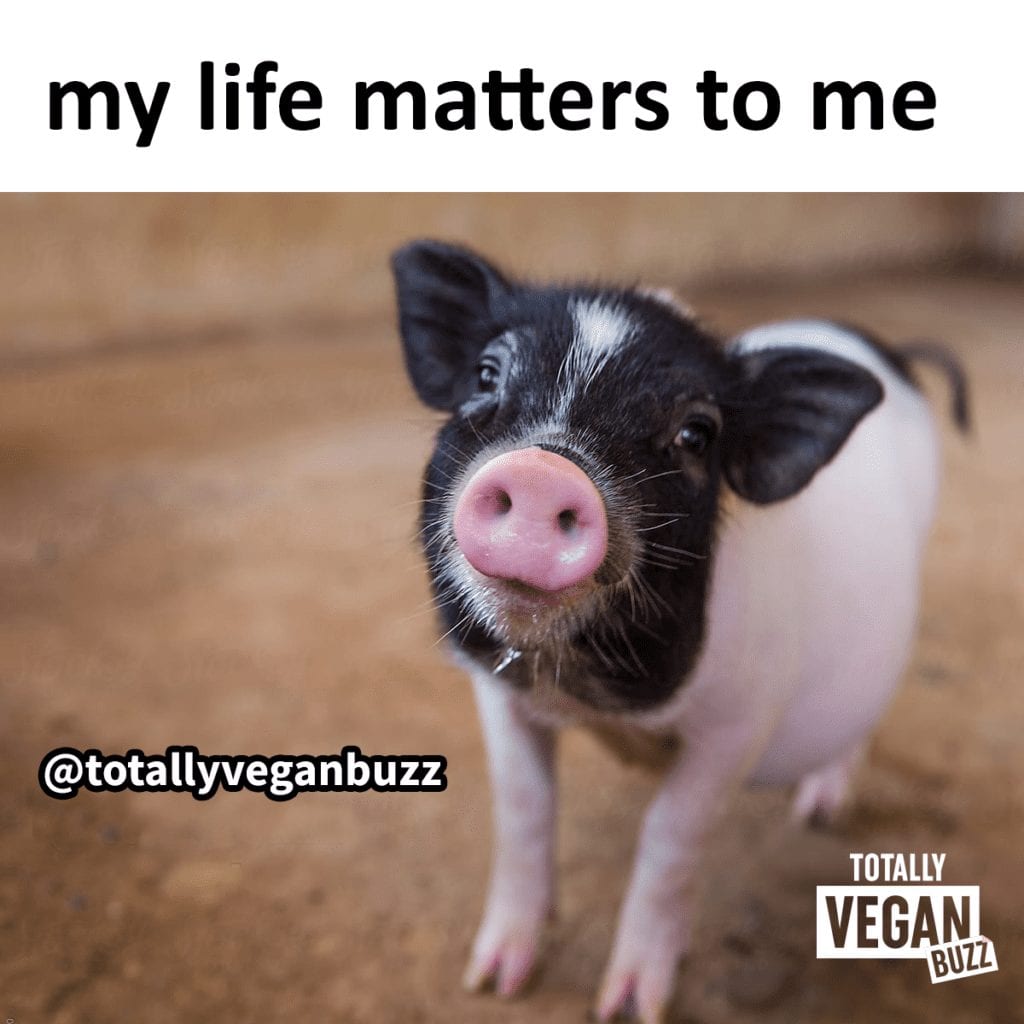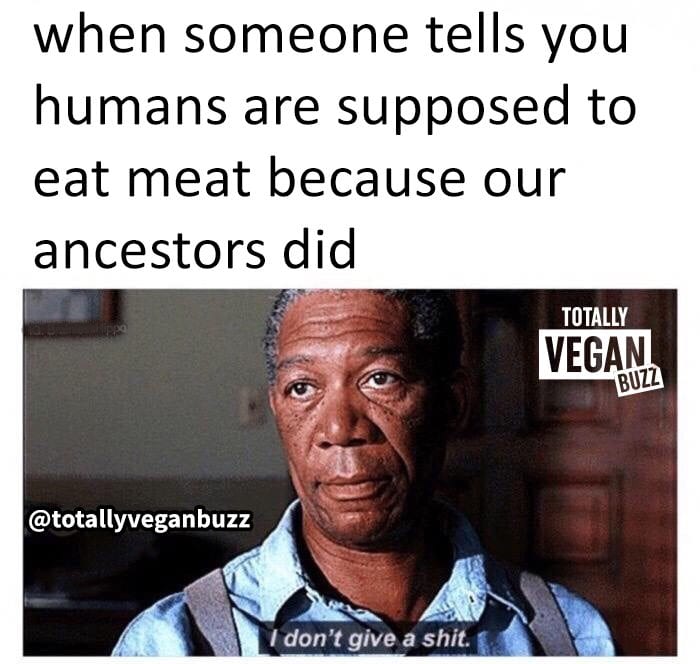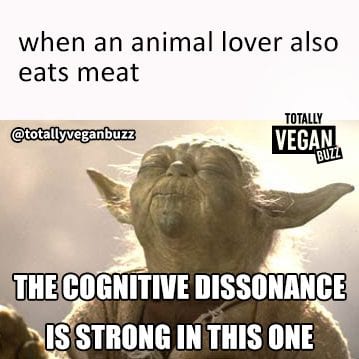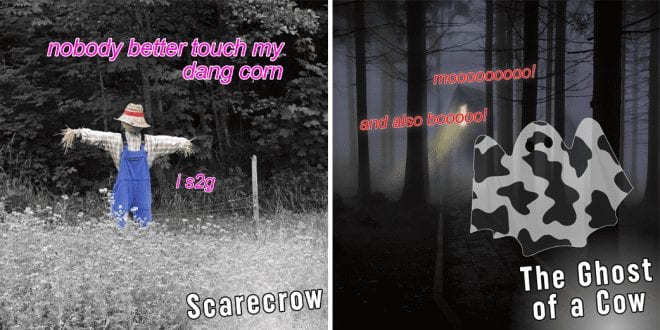
Who would have thought that the battle of the sexes extends to the dinner table in countries with high gender equality? Well, apparently, it does! A recent study published in Scientific Reports reveals a surprising trend: in nations where men and women are more equal, men tend to consume more meat than their female counterparts.
This comprehensive study collected detailed data from 20,802 individuals across 23 developed countries, including the United States, Canada, several European nations, Australia, and New Zealand. These countries were selected for their high rankings on the Global Gender Gap Index. The research, conducted in 2021, ensured accuracy by excluding individuals who provided inaccurate responses, left surveys incomplete, or did not identify as female or male.
Participants reported their food intake frequency on a scale from 1.0 to 11, focusing on various types of meat such as beef, pork, and chicken. Researchers calculated the average scores for these categories to assess land animal-based food consumption.
The findings are enlightening: except in China, India, and Indonesia, gender differences in meat consumption were significantly higher in countries with advanced development and greater gender equality. This pattern underscores a complex interplay between societal progress and entrenched dietary habits.
Utilizing the Human Development Index (HDI) and the Global Gender Gap Index (GGGI), the researchers analyzed correlations between a country’s development, gender equality, and meat consumption patterns. Sophisticated statistical models accounted for variables such as age and gender, revealing significant interactions that suggest gender equality and national development influence dietary habits.
Despite a global shift towards plant-based diets, particularly among women, men’s meat consumption remains notably higher in countries with greater gender equality. This pattern was consistent across most age groups, particularly among younger demographics, indicating that some traditional dietary habits persist despite evolving societal roles.
Professor Christopher Hopwood, a psychologist at the University of Zurich and one of the authors of the study, highlighted the implications of these findings, stating, “Anything that one could do to reduce meat consumption in men would have a greater impact, on average, than among women.” This observation points to the potential environmental and public health benefits of targeted dietary changes among men.
The study also delved into the cultural reasons behind these patterns, suggesting that men might view meat-eating as part of their identity, linked to traditional notions of masculinity. Men are more likely than women to say that eating meat is natural, or to have hierarchical attitudes towards non-human animals. This insight is crucial as it highlights how cultural norms and personal identity shape dietary choices beyond simple nutritional considerations. However, while the study provides insights into the correlation between gender equality and meat consumption, it does not conclusively answer why these patterns persist, suggesting that further research into cultural and psychological factors is needed.
The environmental implications of these findings are profound. Meat production is a major contributor to carbon emissions, deforestation, and water usage. The study underscores the urgent need for targeted dietary interventions that consider cultural and gender-specific factors.
Furthermore, it advocates for public health campaigns that not only promote sustainable eating broadly but also address the cultural attachments to meat consumption among men. Collaborating with sociologists and psychologists to craft messages that resonate with men could lead to more substantial shifts towards sustainable eating habits.
In conclusion, this study highlights a unique aspect of dietary habits in gender-equal societies and serves as a call to action for policymakers and health advocates. By understanding and addressing the deep-seated cultural and identity-driven factors that influence dietary choices, we can strive for healthier and more environmentally sustainable eating patterns across all genders. The challenge now is to translate these insights into effective policies and practices that can make a real difference.
About The Author
Lifestyle
Vegan culture, food, beauty & more
Is Lewis Hamilton Vegan? Here’s What We Know
- Totally Vegan Buzz Team
- 31st May 2024
Lewis Hamilton might seem more at home on a racetrack than in a salad bar, but this six-time Formula One champion has been powering through on chickpeas and chia seeds since 2017. Who said you can’t win championships on a vegan diet? Hamilton not only dispels that myth but does so while advocating for the …
Continue reading “Is Lewis Hamilton Vegan? Here’s What We Know”
Is Tobey Maguire vegan? Here’s what we know
- Mohsina Dodhiya
- 17th August 2023
Tobey Maguire often speaks about veganism and animal issues. Tobey Maguire, the actor best known for playing Spider-Man in the Sam Raimi trilogy, is a vegan. He has been a vegetarian since 1992 and became a vegan in 2009. A lifelong commitment to animal rights Maguire’s decision to go vegan was motivated by his love …
Continue reading “Is Tobey Maguire vegan? Here’s what we know”
VEGAN MEMES
NEED A LAUGH?
QUIZZES
All the quizzes you love to binge!
QUIZ: If you score 11/12 on this quiz, you’re a verified vegan food expert
- Marlon Farrugia
- 10th January 2020
How much vegan knowledge do you have stored away? Do you have to Google your way through a shopping trip, or do you have all the bad E-numbers memorised? Find out now with this quiz. [wpViralQuiz id=27203]
QUIZ: What is your perfect Vegan Halloween Costume?
- Marlon Farrugia
- 13th October 2019
Spook Season approaches. There will be ghosts, goblins, ghouls, and glucose. You need a costume, and you want to it to show off your personality, which means VEGAN. But what to choose? Take our quiz to find out your perfect outfit. [wpViralQuiz id=33494]
QUIZ: What kind of vegetable are you?
- Marlon Farrugia
- 26th September 2019
“If you were a vegetable, what kind would you be?” A question that has tormented humanity throughout the ages – until now. [wpViralQuiz id=31281] Read: QUIZ: If you score 19/20 on THIS quiz, you’re a Vegan God












